Collaborating Organizations

The scientists of Biointeractions and Plant Health work on various research projects to find sustainable solutions to complex agricultural and horticultural problems caused by diseases and pests. Biological control and the use of resilient systems are examples of these solutions.
One of the topics is stimulation of the resilience of cropping systems where the natural (beneficial) microorganisms as well as physical and chemical soil properties play a crucial role. The enormous diversity of microorganisms in soils, substrates and plants is - through mechanisms such as competition, antagonism and predation – contributing to the suppression of pests and diseases.
Key participant: Dr. Joeke Postma

The main research directions of the Department of Ecology, Taxonomy and Nature Conservation of the Institute of Biology Bucharest, Romanian Academy are:
- Biodiversity assessment in natural (aquatic and terrestrial) ecosystems;
- Evolution of natural ecosystems under environmental and anthropic factors;
- Taxonomy and chorology of endemic, rare and endangered plant and macrofungi species from the Romanian Flora;
- Identification of endangered habitats and their importance in the Natura 2000 network of protected areas.
Key participant: Dr. Manu Minodora

At the Department of Agroecology of Aarhus University they do research in the cross field between plants, soil microorganisms and microfauna. Specifically, Dr. Mette Vestergård addressess the impact of microbial communities on plant parasitic nematodes, plant chemical defense against plant parasitic nematodes, and the significance of nematode and protist predation for belowground microbiome composition and functioning.
Key participant: Dr. Mette Vestergård

At the Department of Bioscience of Aarhus University they particularly focus on how current climate change and other global anthropogenic environmental changes affect biodiversity. More specifically, Dr. Paul Henning Krogh have been engaged in soil ecological and ecotoxicological studies since 1983. Topics of investigation include microarthropods, earthworms and enchytraeids in agricultural land and disturbed natural habitats. He has applied soil fauna as bioindicators of soil quality in numerous investigations for the industry and governmental bodies. His research comprises ecological processes and interactions between soil organisms in mesocosms and in the field. He coordinated the EU FP5 project ECOGEN, 2002-2006, an inter-disciplinary project involving economists, agronomists, ecologists, and computer scientists. Currently, he is involved in assessing soil biodiversity, while employing barcoding and metabarcoding, and ecosystem functioning of soil fauna. He has managed the microarthropod monitoring in the BioBasis Nuuk monitoring programme since 2007. Within the framework of the eDNA Center at Aarhus University we do metabarcoding. He is vice chair of the EU COST Action network www.EUdaphobase.eu and MC member of iPLANTA.
Key participant: Dr. Paul Henning Krogh

The Laboratory of Nematology of Wageningen University and Research focuses on all aspects around nematodes, including among others environmental monitoring, phytopathology, genetics and immunology. My work specifically focuses on nematodes in soils, including descriptions of their communities, methodological approaches to facilitate their identifications and interactions with plants and other soil biota. Especially on the latter I am interested, as my interest goes far beyond soil nematodes as I am keen to better understand soil biodiversity and its function in general, with a particular focus on nematodes, protists and the microbiome.
Key participant: Dr. Stefan Geisen

The Swiss Federal Research Institute deals with the complex interactions between soil, microbes and roots under natural systems and investigates the impacts of environmental change on these interactions.
Key participant: Dr. Beat Frey
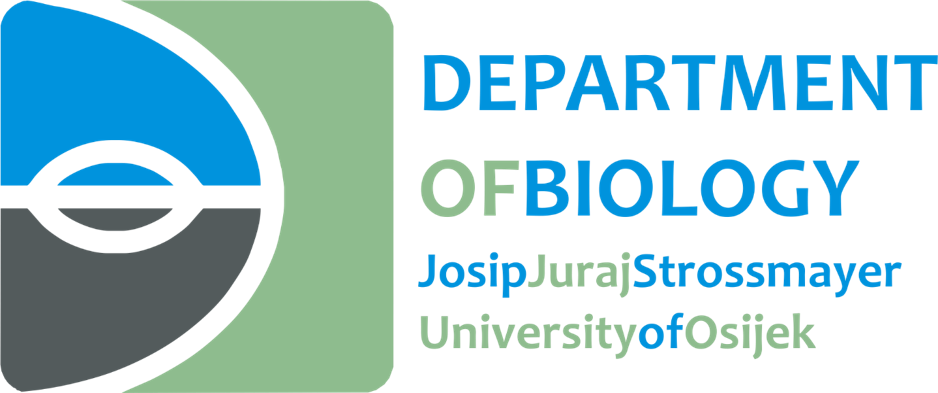
The Subdepartment of Quantitative Ecology of the Josip Juraj Strossmayer University, Department of Biology focuses on different aspects soil ecotoxicology and soil ecology. Additionally, substantial research interest is directed towards biostatistics and statistical modelling of ecological phenomena and deep learning via artificial neural networks. My personal interest lies in research on earthworms: from taxonomy, through community and functional ecology, to ecotoxicology.
Key participant: Dr. Davorka Hackenberger Kutuzović
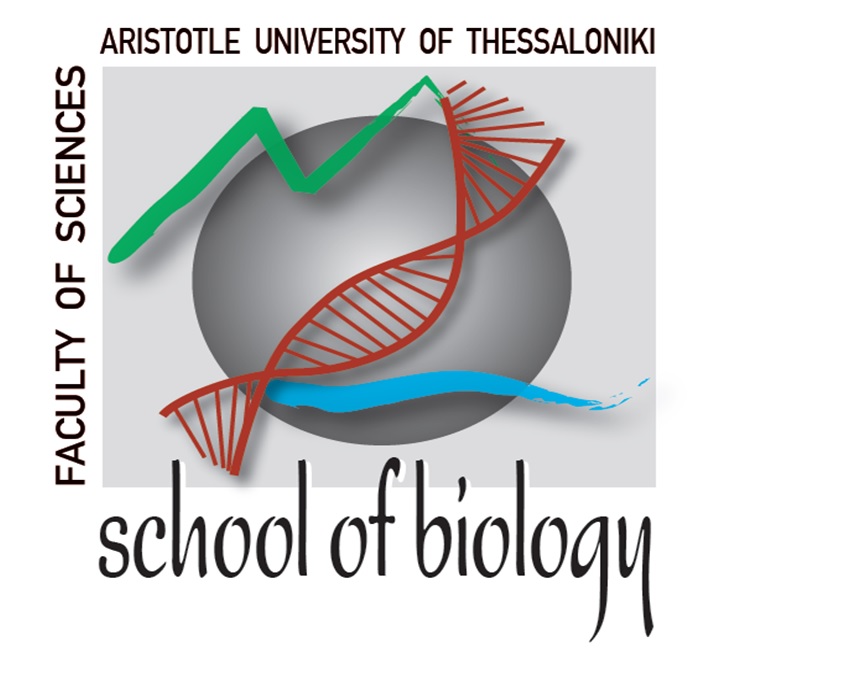
The Aristotle University of Thessaloniki is the largest university in Greece, with over 80.000 students. The School of Biology is leading research and offers high-quality education, implementing state of the art teaching methods and providing students with theoretical and practical training in a wide variety of disciplines ranging from genetics, developmental and molecular biology to ecology and conservation biology. In the Laboratory of Ecology there has been a special interest in the study of soil organisms for more than three decades.
Key participant: Dr. Maria Tsiafouli
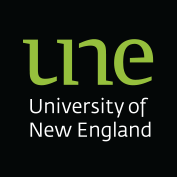
Associate Professor Lisa Lobry de Bruyn is a researcher and educator in School of Environmental and Rural Sciences at the University of New England, Armidale, NSW, Australia. Her research focuses on farmers' understanding of soil health, and soil information seeking behaviours that will improve how we share soil information and build genuine partnerships with land managers. Into the future such research will improve the monitoring of land condition for sustainable land management and soil use.
Key partecipant: Dr. Lisa Lobry De Bruyn
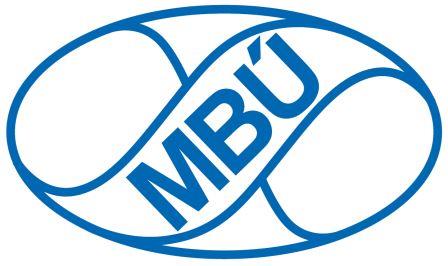
The Institute of Microbiology of the Czech Academy of Sciences is one of the largest public institution performing non-profit research and providing expert services in the fields of applied microbiology, medical microbiology, and microbial ecology of natural and anthropic habitats.
Key partecipant: Dr. Petr Baldrian

Justus Liebig University Giessen is a modern institution in Central Germany which can take pride in some four centuries of past achievement. With around 28000 students, the university is prepared to meet any challenges that the future may bring. The University's Institute of Animal Ecology is one of the world-wide known centers of expertise for studying soil food webs, spatial distribution of belowground biodiversity and functioning of soil invertebrates.
Key partecipant: Dr. Andrey Zaytsev

A.N. Severtsov Institute of Ecology and Evolution was founded over 85 years ago is the leading center of Russian Academy of Sciences for taxonomic and ecological knowledge on terrestrial biodiversity and biogeography.
It is deeply involved in multiple international initiatives on studying functions and resilience of soil ecosystems.
Key partecipant: Dr. Andrey Zaytsev
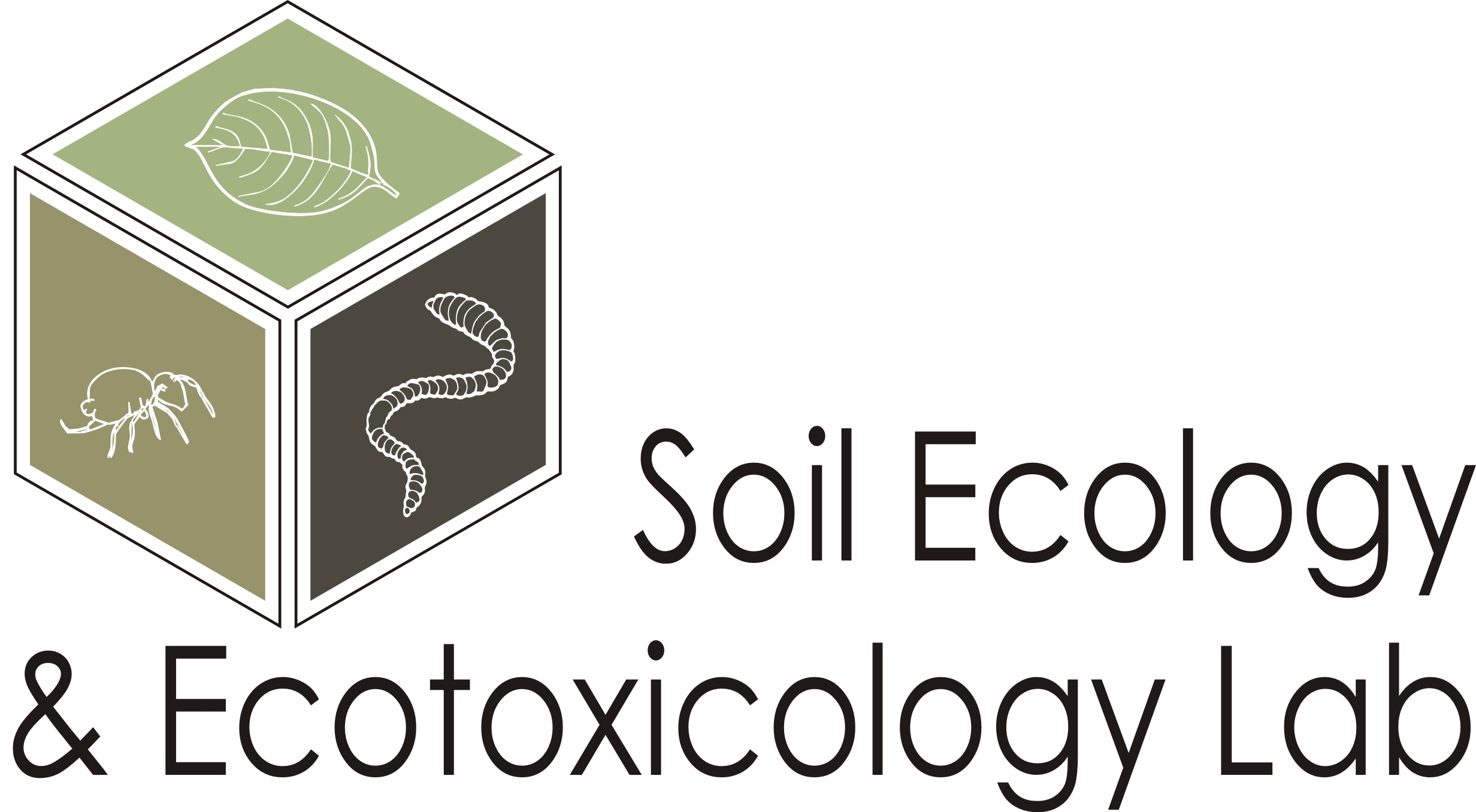
The Soil Ecology and Ecotoxicology Laboratory (SEEL) of the Centre for Functional Ecology of the University of Coimbra develops active research on soil fauna, merging taxonomical and functional approaches, to assess effects of different stressors (land-use change and management, extreme climatic events, pesticides) on soil fauna communities and associated ecosystem functions, especially nutrient cycling, water regulation and maintenance of soil stability.
Key participants: Prof. dr. Paulo Sousa, Dr. Luís Cunha, Dr. Pedro Silva, Dr. Marie Bartz

At the Department of Ecological Science of Vrije Univeristeit Amsterdam they study the impact of environmental changes on soil organisms, from genes to ecosystems. They try to answer fundamental ecological and evolutionary questions in soils and their communities using cutting edge experimental, modelling and field approaches. Their results are used to help solve societal issues, and provide robust answers to environmental problems.
Key participant: Prof. Dr. Matty P. Berg
